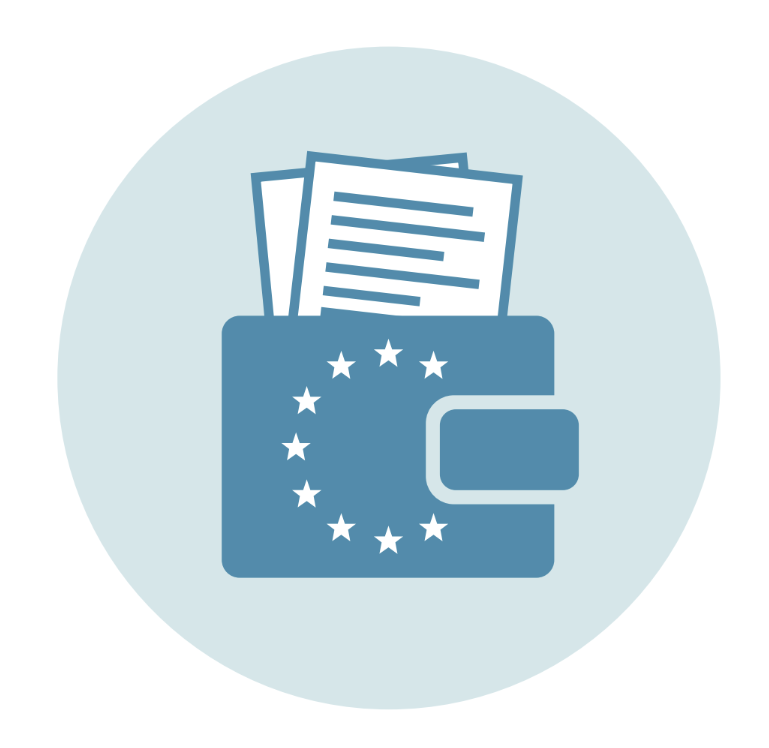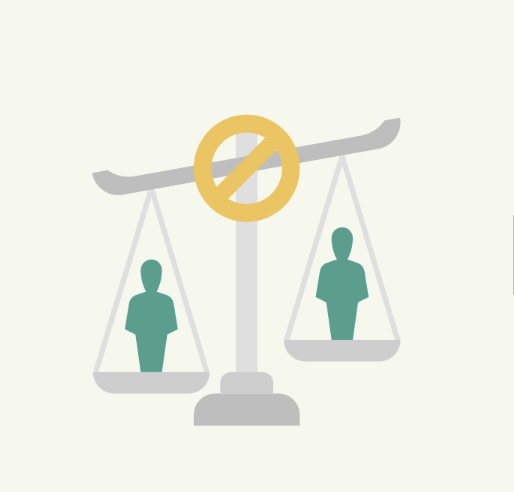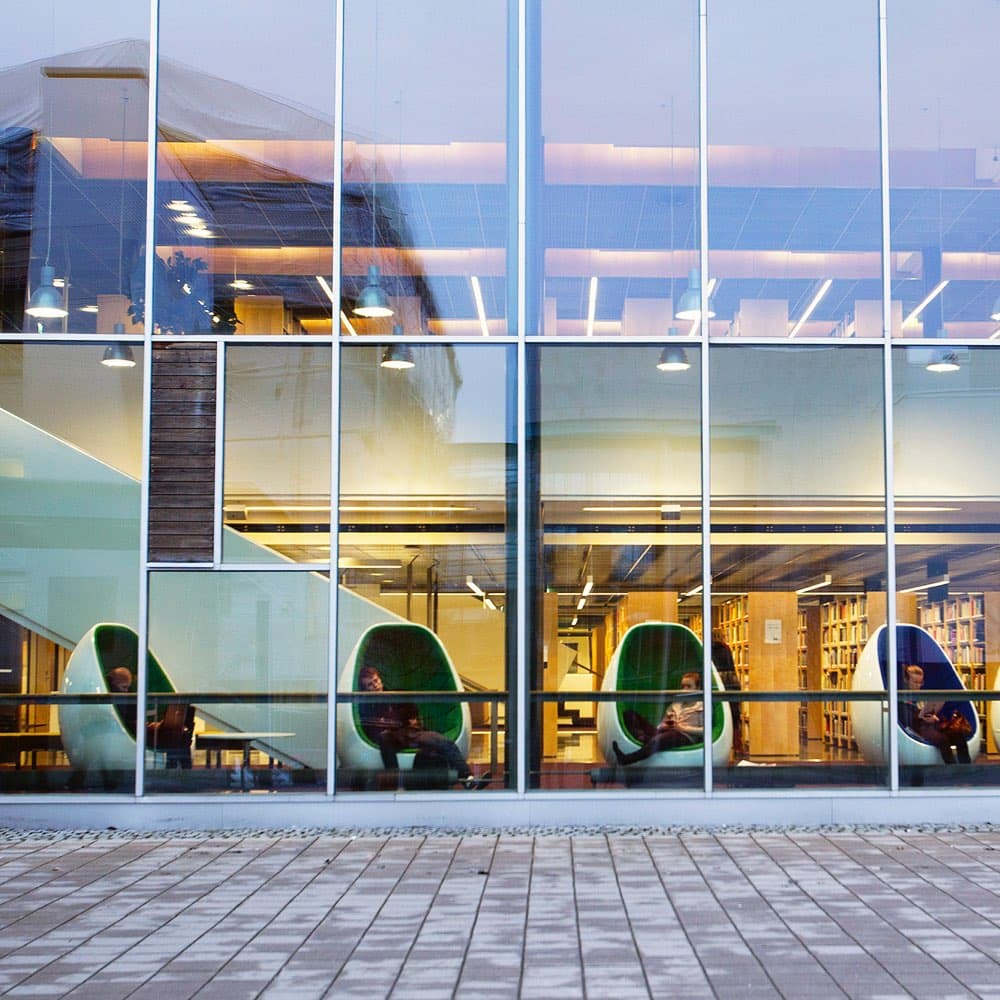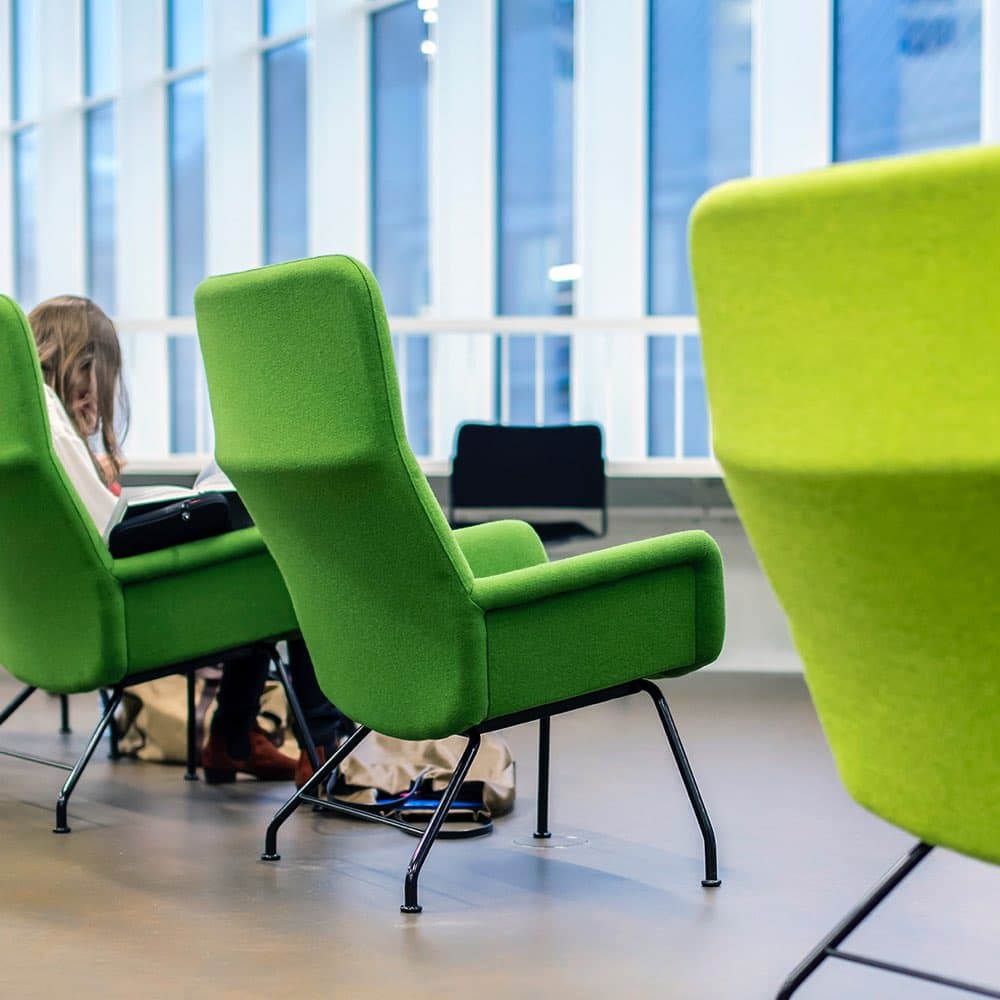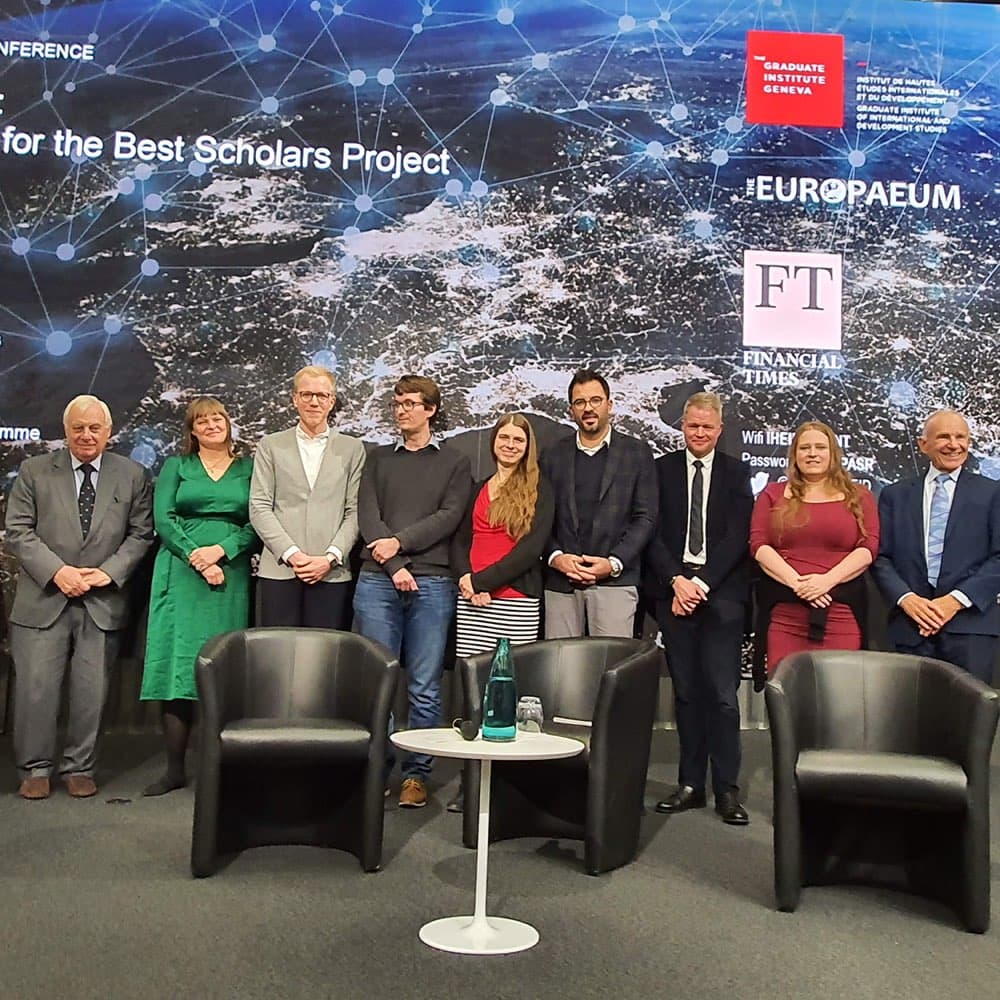Admission for Cohort 5 of our programme is now open. Deadline for applications is 23.59 GMT / 22.59 CET on Sunday 15 March 2026.
Information sessions about the programme will be held throughout February and March for Doctoral students at Europaeum universities, who are interested in applying.
To register to attend these sessions and to find out about eligibility criteria and the application process, please see our Admission webpage.
Information sessions about the programme will be held throughout February and March for Doctoral students at Europaeum universities, who are interested in applying.
To register to attend these sessions and to find out about eligibility criteria and the application process, please see our Admission webpage.
Please also see the FAQs document and the brochure for the programme.

